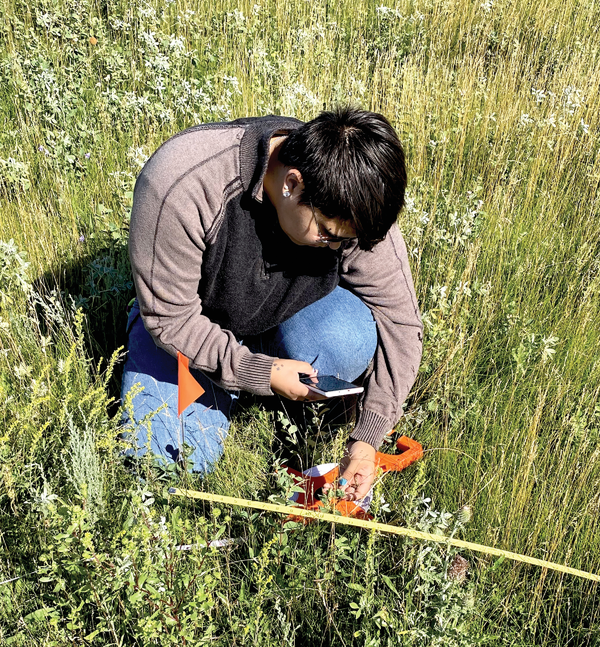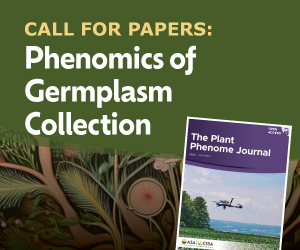Plant Blindness Impacts Cultural Knowledge and Identity

The inability to notice plants—even those plants important to people's well‐being—is common in modern life. This concept is known as plant blindness. Indigenous people rely on traditional knowledge of plants for many uses including medicine, food, and spiritual practices.
A group of researchers from North Dakota State University and North Dakota State College of Science wanted to know if plant blindness was occurring within the Turtle Mountain Band of Chippewa Indians (TMBCI). They conducted an opt‐in online survey for citizens living in the TMBCI region. The survey assessed citizens’ knowledge of local wetland, grassland, and forest habitats; names of plants; and how citizens use plant features in identification. The survey revealed that grassland plants were the least noticed and poorly recognized. Older individuals were able to identify more plants, including those important for ceremonies and used in medicine.
With the younger generation's loss of plant knowledge, there is a real danger of Indigenous people losing generational knowledge and parts of their cultural identity.
Adapted from Blue, S., Hargiss, C.L.M., Norland, J., Dekeyser, E.S., & Comeau, P. (2023). Plant blindness represents the loss of generational knowledge and cultural identity. Natural Sciences Education, 52, e20106. https://doi.org/10.1002/nse2.20106
Text © . The authors. CC BY-NC-ND 4.0. Except where otherwise noted, images are subject to copyright. Any reuse without express permission from the copyright owner is prohibited.







